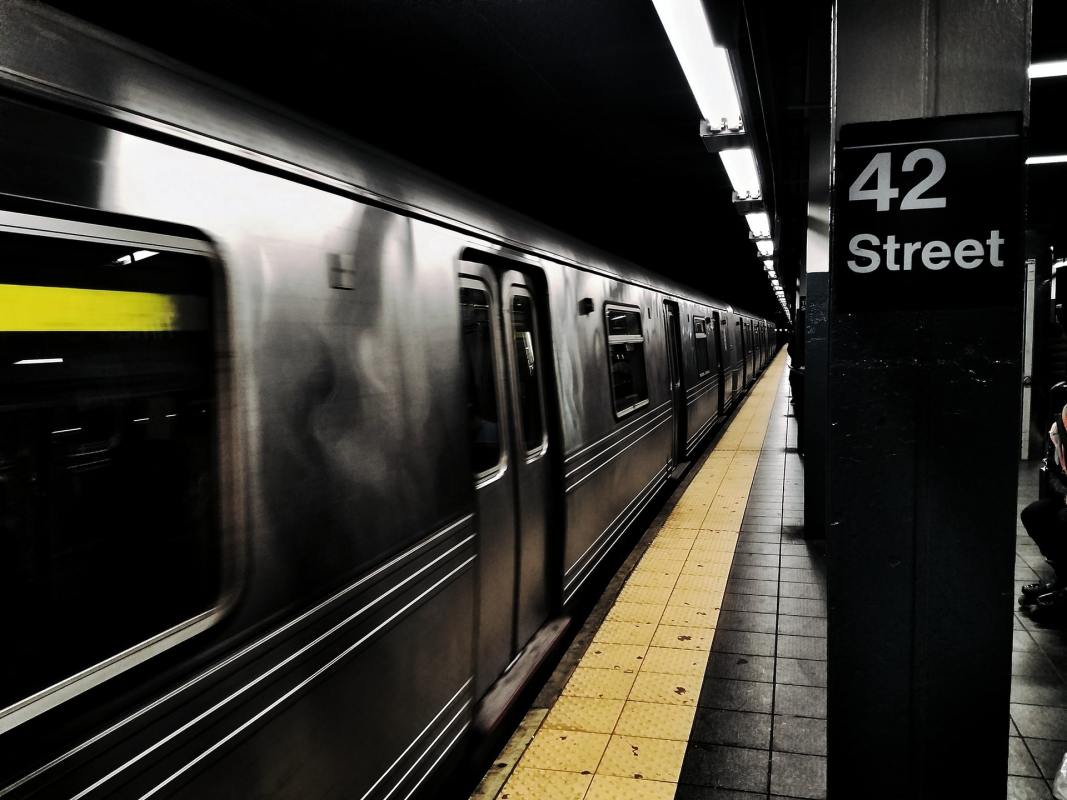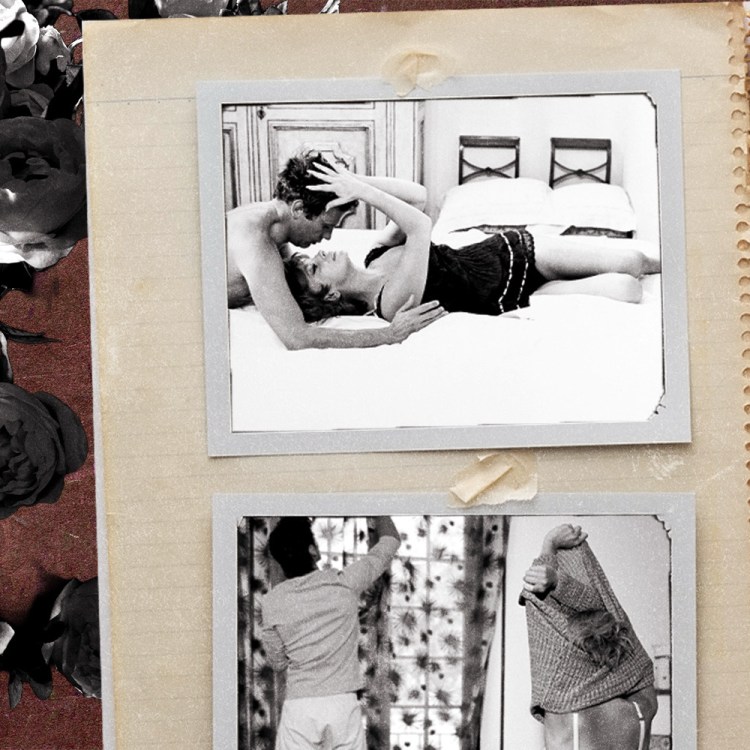What makes an advertisement too controversial for New York’s Metropolitan Transportation Authority to handle? In the last decade, the MTA has wrestled with the question of whether or not to run certain types of ads, which led to a 2015 decision to bar all political advertising from trains, buses and stations alike. But ads dealing with politics aren’t the only ones that the MTA has wrestled with in the last few years; a recent settlement casts more light on the approval process, and where it might fall short.
In 2019, the sexual wellness company Dame sued the MTA after the transit agency rejected several ads for the company’s products, several of which featured the catchphrase “Toys, for sex.” As Dame noted at the time on social media, this suggested a double standard — the ads the MTA banned seemed less explicit than some erectile dysfunction medication ads the agency had approved, for instance.
Two years later, the parties have settled and a new slate of ads from Dame are now visible on the city’s subway cars. At Adweek, T.L. Stanley has more on the settlement, including the fact that the current group of ads — set to run through the first quarter of 2022, and possibly longer — might be the only Dame ads that transit riders will see for the foreseeable future.
The Adweek article notes that subsequent ads will need to pass through the agency review process that rejected Dame’s original ads. Dame co-founder and CEO Alexandra Fine took a philosophical perspective.
“[W]e’ll see how it changes policy or makes history,” Fine told Adweek. “It may be a small step forward that feels like a step sideways.”
The Charge will help you move better, think clearer and stay in the game longer. Subscribe to our wellness newsletter today.

















